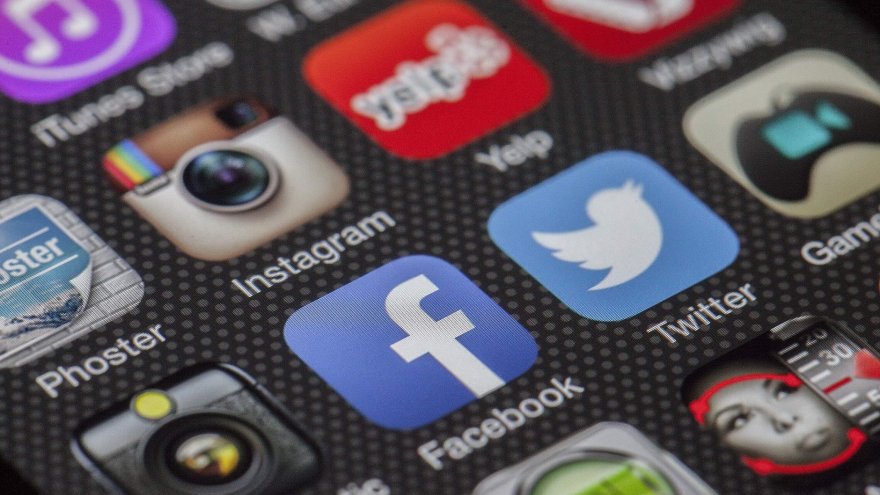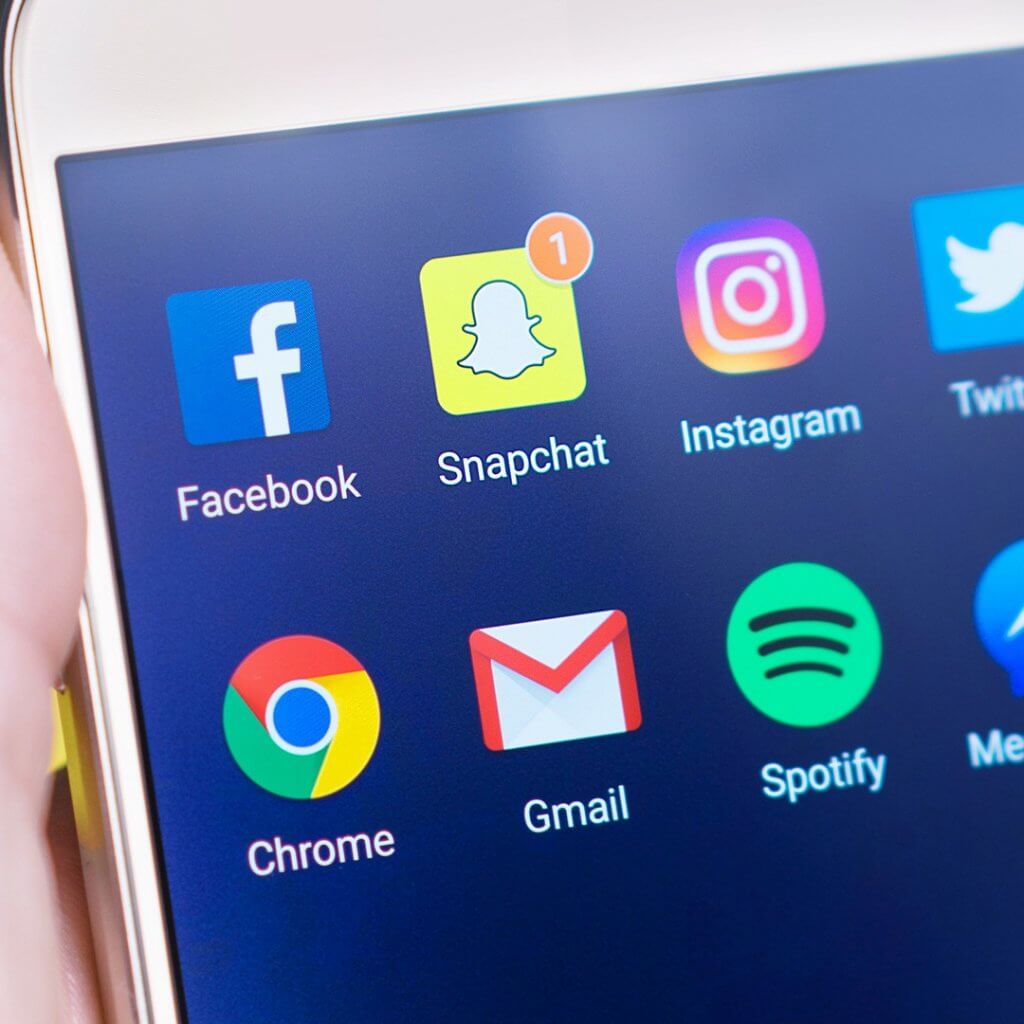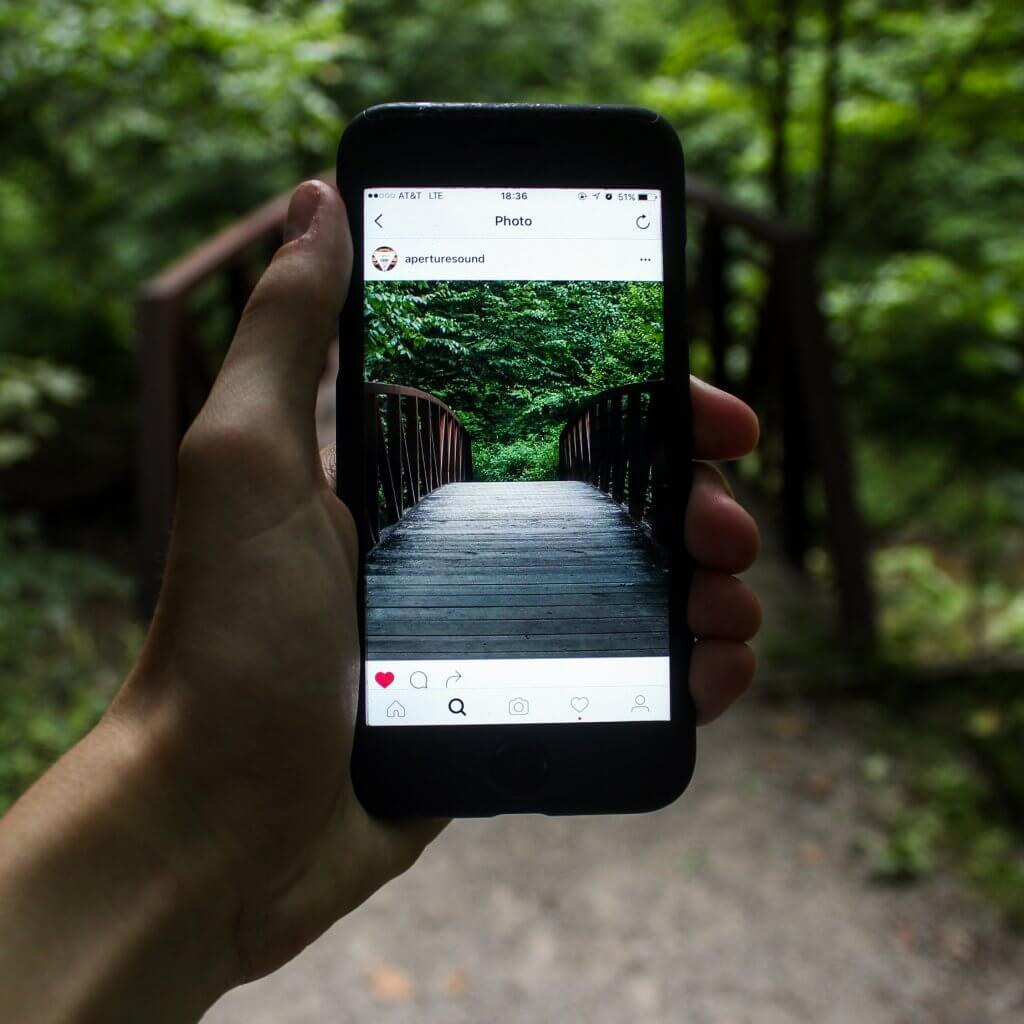How Social Media Is Hurting Your Training (and How to Change It)

Love it or hate it, the use of social media has become ingrained in our day-to-day lives. People from across the globe share (and over-share!) the details of their lives and workouts with complete strangers on a daily basis. And while this practice is frowned upon by some, others swear by the motivational and self-accountability powers of the Net.

It’s worth noting, though, that while some studies have indeed proven the benefits of being a part of the global virtual running tribe, there are some negatives to be aware of as well. Despite being a really nifty motivational tool, social media can also interfere with and negatively impact on your training if you let it. Curious to find out how? Here are five pitfalls to avoid in order to prevent social media from negatively impacting on your training.
1. Spending too much time on social media
A 2012 study by a team from the University of Ulster found that the amount of time spent on social media negatively correlated with study participants’ physical activity levels. Which, if you think about it, is quite logical. If you spend all or most of your free time on social media, you won’t have any left to get out there and move.
This phenomenon is confirmed by Aja Davis, the driving force behind New Body Bootcamp in Brooklyn. According to Aja, clients often miss a workout as a result of losing themselves in social media. And keeping in mind that sitting is regarded as ‘the new smoking’, this is one cycle that you do not want to get caught up in. According to a 2015 study published in the British Journal of Sports Medicine, Australian women who sat for eight hours or more per day significantly increased their risk of death.

The solution: Schedule and diarize your weekly workouts just as you would any important work or social meeting. You wouldn’t skip a meeting with your boss because you were tied up with Facebook, right? Also, limit the amount of time you spend on social media each day to pre-specified times and periods. For example, set aside x minutes for social media during your lunch break and x for after work. And make sticking to these times non-negotiable.
2. Allowing social media to interfere with your bedtime
Are you guilty of taking one last peep at your social media channels right before falling to sleep? Which, let’s be honest, can often result in your bedtime being pushed back by as mush as an hour or two.
Remember that a lack of enough, good quality sleep can wreak havoc on both your body and mind. Not only will too little shut-eye lead to a decline in motivation to train, but it can also negatively impact on your immunity and make you susceptible to injury.
The solution: Avoid screen time in bed right before bedtime. As recommended in Point 1 above, rather set aside one or two blocks of time during the day for catching up on social media. And avoid the temptation of adding more blocks or exceeding pre-specified time frames. The social media world will survive without your input until tomorrow.
3. Allowing social media to inhibit your running performance
Tweeting on the run has become all the rage. A number of well-known social media celebs are treating(?) fans to blow-by-blow accounts, complete with action photos, of their annual goal races. It doesn’t, however, take a scientist to figure out that running while tweeting will result in a sub-optimal race performance. Or, in the words of Bart Yasso, Runner’s World’s much-loved Chief Running Officer: “If you’re tweeting while you run, you aren’t running fast enough”.
This is, of course, also not just limited to racing. If you continually keep interrupting key workouts for the sake of taking pictures and posting updates, you risk losing out on training benefits. Workouts like tempo runs are aimed at teaching you to keep up intensity over an extended period of time. And failing to do so will negatively impact on your training results.

The solution: There’s nothing wrong with snapping a few pics during a gentle recovery run. But save the pics and sharing for after your training when it comes to key workouts.
4. Trying to keep up with the Joneses
A constant stream of images depicting fast interval times and even faster new PBs can leave you feeling frustrated with the rate of your own progress. Which, in turn, may (falsely) lead you to believe that you need to push yourself harder and harder in order to achieve your goals faster. Don’t fall into this trap. Rest days are of vital importance and will benefit you so much more than trying to keep up with someone else’s running program.
In addition, as far as body image goes, a 2014 study found that increased time spent on Facebook correlated to poorer body image and a tendency to self-criticize.
The solution: Your body, race goals, training history, running journey and personal circumstances are unique and should be treated as such. Take the motivation that you need from social media, and let it end there. Set your own goals, follow your own program and celebrate your own victories and strengths. They’re just as uniquely awesome as you are.
Also remember that many tend to only share only the positive aspects of their lives and training journeys over social media. Even though it’s only normal that there are many negatives, struggles and disappointments as well. What you therefore see, is only a part of the story. So don’t get frustrated with your own training hurdles. Everybody has them.
5. Taking advice from every Tom, Dick and Harry
In this day and age it’s easier than ever for individuals to share their stories. Which is wonderful on the one hand, but carries a great risk on the other. Why? Because not everyone is a certified running coach or a qualified nutritionist. And while experience is a great teacher, what works for someone else may not necessarily work for you.

The solution: Be careful who you take advice from. Good advice is almost always backed by science, so dig before you implement. Your gut should also give you a good indication of the validity of someone’s advice. If your blogging idol’s “four weeks to a marathon PB”-plan sounds too good to be true, it probably is.
The Takeaway
So instead of becoming a slave to social media, take what’s good from it, and don’t let it control you. You and only you can decide how much time to devote to it. And only you can decide how big its (negative) impact will be on you. So take a step back and keep sight of the bigger picture. Let social media serve you, and enjoy the positive interaction it brings. But always remember what’s most important: The here and now. Your family. Being healthy. And being happy.
So prioritize your life and time accordingly.
Sources
- , The power of social media to affect our health and fitness, Online publication
- , Impact of a social media exercise service on individuals and employees, Scientific journal
- , The Pitfalls of Social Media In the World of Strength and Fitness, Online publication
- , Social media and fitness: The good, the bad and the ugly, Online publication
- , Avoid these 4 social media mistakes, Online publication
- , Does social media mean better running?, Online publication
- , More time on Facebook means less time in the gym, Online publication
- , Do social networking websites make you fat?, Online publication
- , 8 Common habits that keep you from running, Online publication
- , https://www.sciencedaily.com/releases/2014/04/140410083503.htm, Online publication
Latest Articles
 Is Running on a Treadmill Easier Than Running Outside?Runners have their own preferences, whether it is treadmill running, running outside on the road, or exploring trails. So...
Is Running on a Treadmill Easier Than Running Outside?Runners have their own preferences, whether it is treadmill running, running outside on the road, or exploring trails. So... Is It OK to Use Trail Running Shoes on the Road?While trail running shoes can be used on roads, especially in situations where a runner encounters mixed terrains or pref...
Is It OK to Use Trail Running Shoes on the Road?While trail running shoes can be used on roads, especially in situations where a runner encounters mixed terrains or pref... How to Fix Sore Quads After Running?Rest, ice, gentle stretching, and over-the-counter pain relievers can help soothe sore quads after running. Also, ensure ...
How to Fix Sore Quads After Running?Rest, ice, gentle stretching, and over-the-counter pain relievers can help soothe sore quads after running. Also, ensure ... 10 Fruits With The Most Electrolytes to Replace Sports DrinksThese fruits are high in electrolytes such as potassium, magnesium, and calcium, essential for hydration, muscle function...
10 Fruits With The Most Electrolytes to Replace Sports DrinksThese fruits are high in electrolytes such as potassium, magnesium, and calcium, essential for hydration, muscle function...

